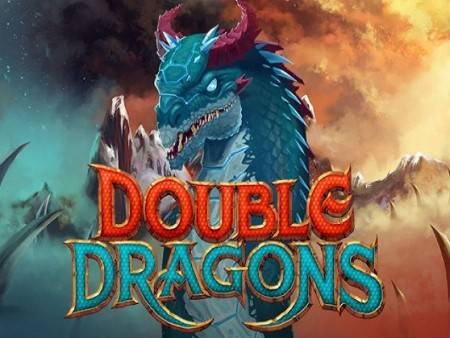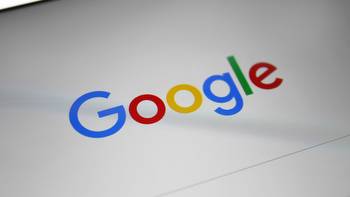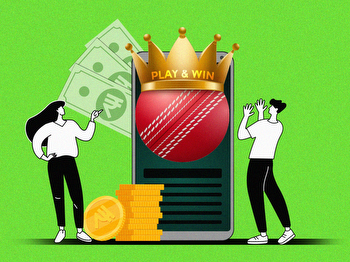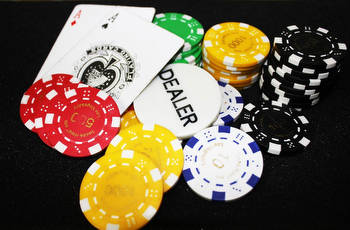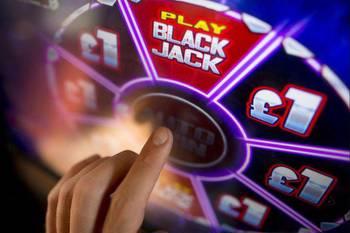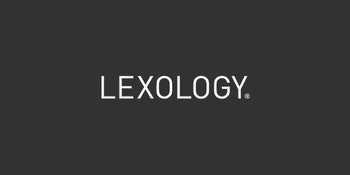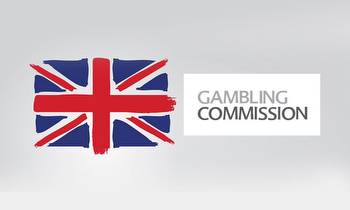Personalised gambling adverts: a troubling new trend

There’s a new type of gambling advert being used online and on social media to try and appeal to viewers, recent research has shown. Unlike on television, these online advertisements can be more personalised, interactive and may be harder to distinguish from other content.
For example, gambling companies will use methods like taking polls on the winning team of a football match to entice users to engage with them. Although the effect of these advertisements is relatively unknown, early research suggests that it is likely they will increase consumer engagement with gambling.
Our latest research has highlighted the recent shift towards online advertising. We collected and analysed 25 peer reviewed studies that were published between 2015 and 2020 to establish gambling companies’ advertising strategies. These studies covered the content and marketing strategies of over 300 stand-alone online advertisements, 500 gambling web pages, and 10,000 social media posts.
The research indicated that the first significant change within the online sphere involves the gambling industry moving away from “blanket marketing” where the audience are all presented with the same promotion (as happens on television). Instead gambling companies are shifting to a new type of gambling advertising, using information about each person to deliver personalised advertisements to online audiences.
When individuals surf the web, their browsing, purchasing and profile data is collected and sent to third-party advertising networks. This data is then stored via browser cookies that allow for these networks to deliver personally catered advertisements to users. This means that via the same website, one user could encounter an online bingo advert while another user could be presented with online sports betting advertising, depending on the content of their cookies (blocks of user data saved within the web browser).
It is no secret that other industries capitalise on personalised advertising content that is tailored to users. However, the gambling industry has significantly increased its spend on this type of online advertising in recent years. suggested that personalised advertisements are more effective than blanket marketing due to being perceived as more relevant, trustworthy and attention demanding.
However, the use of online demographic and behavioural data to market potentially addictive products such as gambling raises ethical concerns. There is some evidence of a dose-response effect, which means the more you are exposed to something the more you are likely to be affected by it. Exposure to more gambling advertisements could mean an increase in engagement with gambling. With many websites opting to host personalised rather than blanket advert space today, there is a higher likelihood of this dose-response effect.
The second noticeable shift in gambling advertising indicated by our research relates to the use of interactive elements to prompt user engagement. Traditional means of advertising have relied upon information being delivered to audiences. In contrast, a growing number of gambling companies are embedding direct links to their websites within social media posts.
Consumers still have a choice in relation to whether or not they engage with these advertisements but the gap between the consumer and the advertised gambling product is now often just “one click away”. Research indicates that reducing “consumer effort” leads to an increase in consumption compared to making consumers seeing or hearing television or radio adverts.
Similarly, our research indicated that social media users like and share promotional gambling posts. This was found by analysing the content of gambling companies’ social media posts and finding that they encourage users to take these actions. This tactic means such posts could end up on the social media feeds of people who would not normally see them, such as children. There are some restrictions in place that can block content that is obviously inappropriate but many posts from gambling companies do not meet this criteria (such as memes and polls that serve the purpose of brand exposure).
In the UK around 55,000 children aged 11-16 are classified as “problem gamblers”. This issue is even more concerning given our research shows the use of cartoons, memes and humour within online gambling advertising and this may be particularly appealing to children and young people.
Social media influencers
Our research also shows the ambiguous and seemingly innocuous nature of some online gambling advertisements. There’s some evidence that gambling companies now employ social media affiliates to endorse gambling products via their own channels. Affiliates are paid third-parties who direct customers towards a specific brand or product. Influencers fall into this category and can be effective in reaching audiences due to their high numbers of followers. Although influencer promotion is under-researched in a gambling context, the risks may be similar to those shown by research relating to fast food promotion. This evidence suggests children will eat more fast food when it is promoted by a recognisable social media influencer.
The 2005 Gambling Act relaxed the rules surrounding gambling and related advertising. However, the stipulations within this act were primarily developed in relation to traditional media. A regulatory overhaul is already under way in an attempt to minimise some of the harms caused by new styles of gambling advertising. The new and complex forms of advertising are likely to contribute to the overall normalisation of gambling as well as attracting new people to the activity. It is clear therefore that the reformed Gambling Act must consider these new techniques to advertise gambling online and how to protect young and vulnerable audiences from the adverse effects of this new style of advertising.







